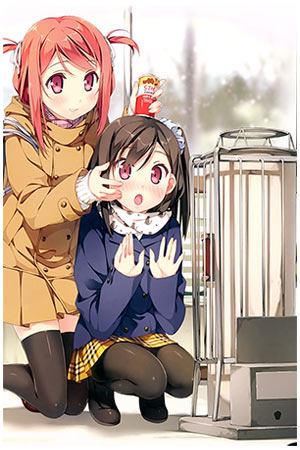When you live in Japan, you naturally develop a new set of skills in order to survive. Very few streets are named in Japanese cities, and when I arrived here I had to actually teach my brain to think in more spatial terms, e.g. turn left at the beauty shop then right at the pachinko parlor, rather than using street directions. Japanese homes lack central heating, and a common way to heat a room is to use a kerosene-based “fan heater.” There’s a sensor inside that turns off the power if the unit is bumped or overturned, something that fills the room with unpleasant kerosene fumes, and foreigners living in Japan learn very quickly not to place the heater in a place where it’ll get kicked, and get good at smoothly moving it across the floor without setting off the sensor. Because Japan packs slightly less than half the population of the U.S. into a space the size of Nebraska, there’s naturally less room for people and their cars, and if you drive here you’ll develop the ability to back into a tiny parking space like a pro. While learning Japanese isn’t fundamentally harder than any other language, some areas seem difficult for foreigners, like the way Japanese people write kanji for each other by drawing the character in the air — my brain just isn’t equipped to process invisible finger strokes like that. Also, the Japanese like to attach sounds to numbers, for example 084 becomes ohayo (good morning), 3476 is sayonara (goodbye) and 39 is san-kyu (thank you). Back in the dark ages of the early 1990s, everyone carried around “pocket bells” (beepers) that could only display numbers, and my students would send messages of surprising complexity to each other.

Living in Japan will teach you new skills.















